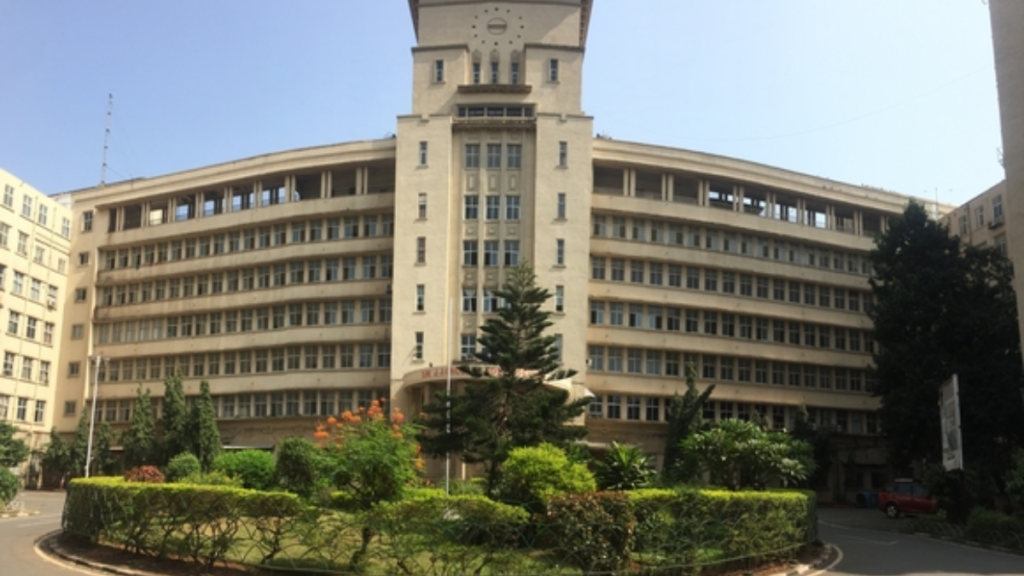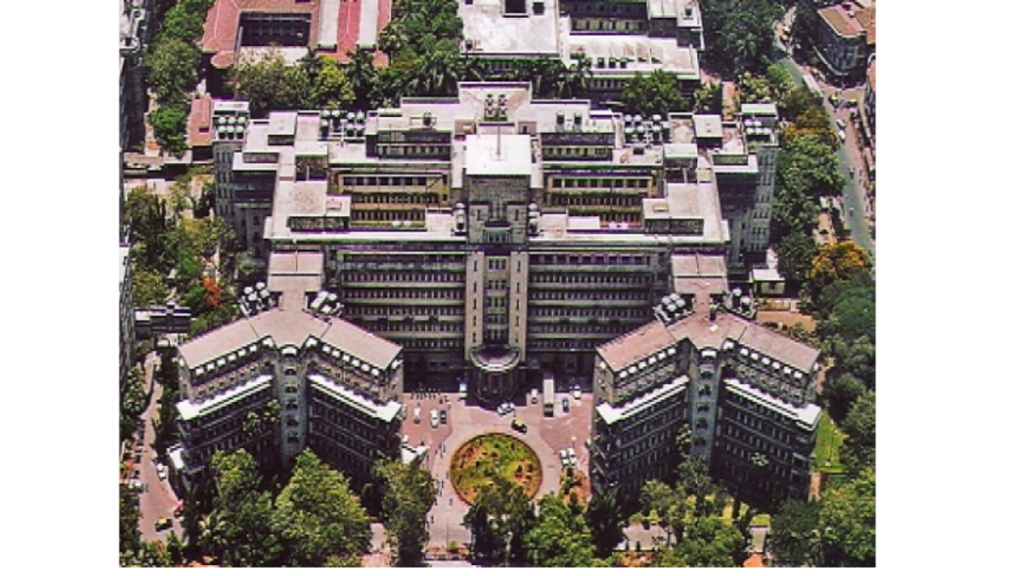
A Historic Institution in the Heart of Mumbai
Nestled in the bustling Byculla neighborhood of South Mumbai, Grant Medical College Mumbai stands as a proud symbol of medical legacy and public service. Spread across 44 acres, the campus gracefully combines colonial-era architecture with modern facilities, creating an environment where tradition meets innovation. Its central location ensures easy access via local trains and roads—crucial for patients arriving in emergencies or on referral from across Maharashtra and central India.
Foundations of Modern Medicine in India
Established in 1845, Grant Medical College Mumbai is among the oldest medical schools in South Asia. It was one of the first institutions in India to offer formal education in Western medicine, laying the foundation for structured medical training in the region. Over the decades, it has evolved into a cornerstone of public healthcare and medical education, contributing immensely to India’s health infrastructure.
The college is currently affiliated with the Maharashtra University of Health Sciences (MUHS), and its reputation continues to attract top NEET UG scorers who are keen to secure a government MBBS seat in the state.
Home to a Premier Public Hospital System
Partnered with the renowned Sir J J Group of Hospitals, the college forms one of the largest teaching and healthcare networks in the country. With a total of 2,844 beds, the hospital system provides tertiary and specialist care to more than 1.2 million outpatients and 80,000 inpatients annually.
Named after the philanthropist Sir Jamsetjee Jeejeebhoy, the hospitals handle complex cases from across the state, serving as a critical referral and emergency center. The hospital’s 45 clinical and surgical wards, along with dormitories and canteens, make it a self-sufficient ecosystem for both patients and healthcare providers.

A Campus That Lives and Breathes Medicine
The Grant Medical College Mumbai campus is more than just classrooms and wards. It is a residential and academic hub that houses undergraduate and postgraduate students, faculty members, doctors, and medical staff. With five dormitories, seven canteens, and extensive clinical facilities, the campus supports the holistic development of future healthcare professionals. The Directorate of Medical Education and Research (DMER), Maharashtra, oversees its administrative operations, ensuring consistent standards across academics and hospital management.
Innovation That Shaped Global Medicine
The impact of Grant Medical College Mumbai is not limited to India—it has made notable contributions to global medicine. In the late 19th century, Sir Waldemar Haffkine developed the world’s first plague vaccine at the JJ hospital complex. The campus also hosted Nobel laureate Robert Koch during his cholera research.
Some of India’s most respected medical professionals have emerged from its classrooms. Alumni include Dr. V N Shirodkar, known for his pioneering work in gynecology, and Dr. Jivraj Mehta, who later became the first Chief Minister of Gujarat.
The First Choice for NEET Aspirants
Every year, around 250 MBBS students are admitted to Grant Medical College Mumbai through NEET UG counseling conducted by the Maharashtra CET Cell. With its strong emphasis on academic rigor, unmatched clinical exposure, and research opportunities, it remains a top choice for medical aspirants across Maharashtra.
Continuing a Tradition of Excellence
What sets Grant Medical College Mumbai apart is not just its age or size but its unwavering commitment to public health and medical excellence. The blend of heritage, innovation, and service has allowed it to maintain its relevance for nearly two centuries. As healthcare challenges evolve, this iconic institution continues to train the doctors, researchers, and leaders who will define the future of medicine in India and beyond.
Also Read: Visa Clampdown May Cut Indian Students to US by 20%
Also Read: Parents protest against Delhi government for not sharing draft of fee regulation ordinance